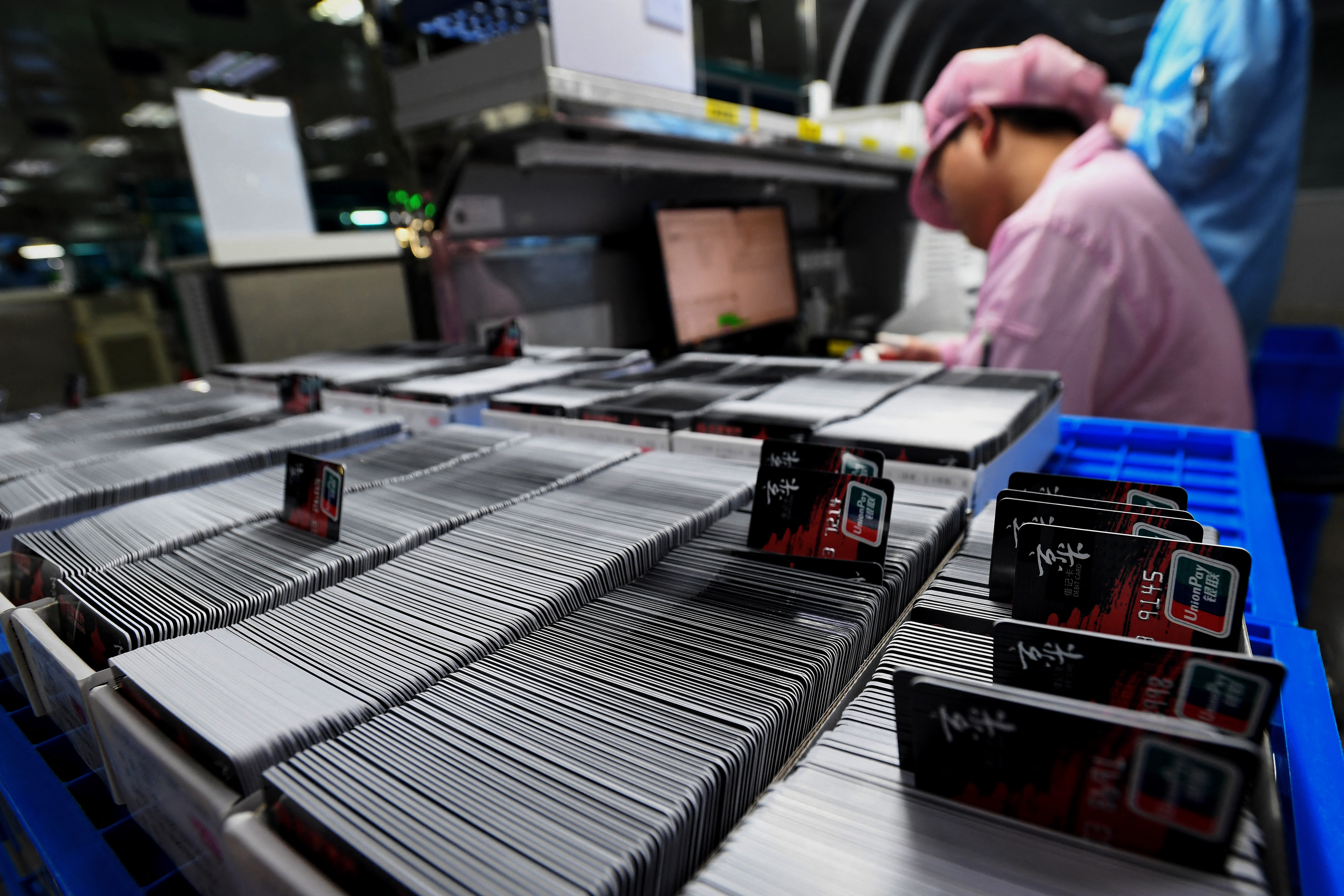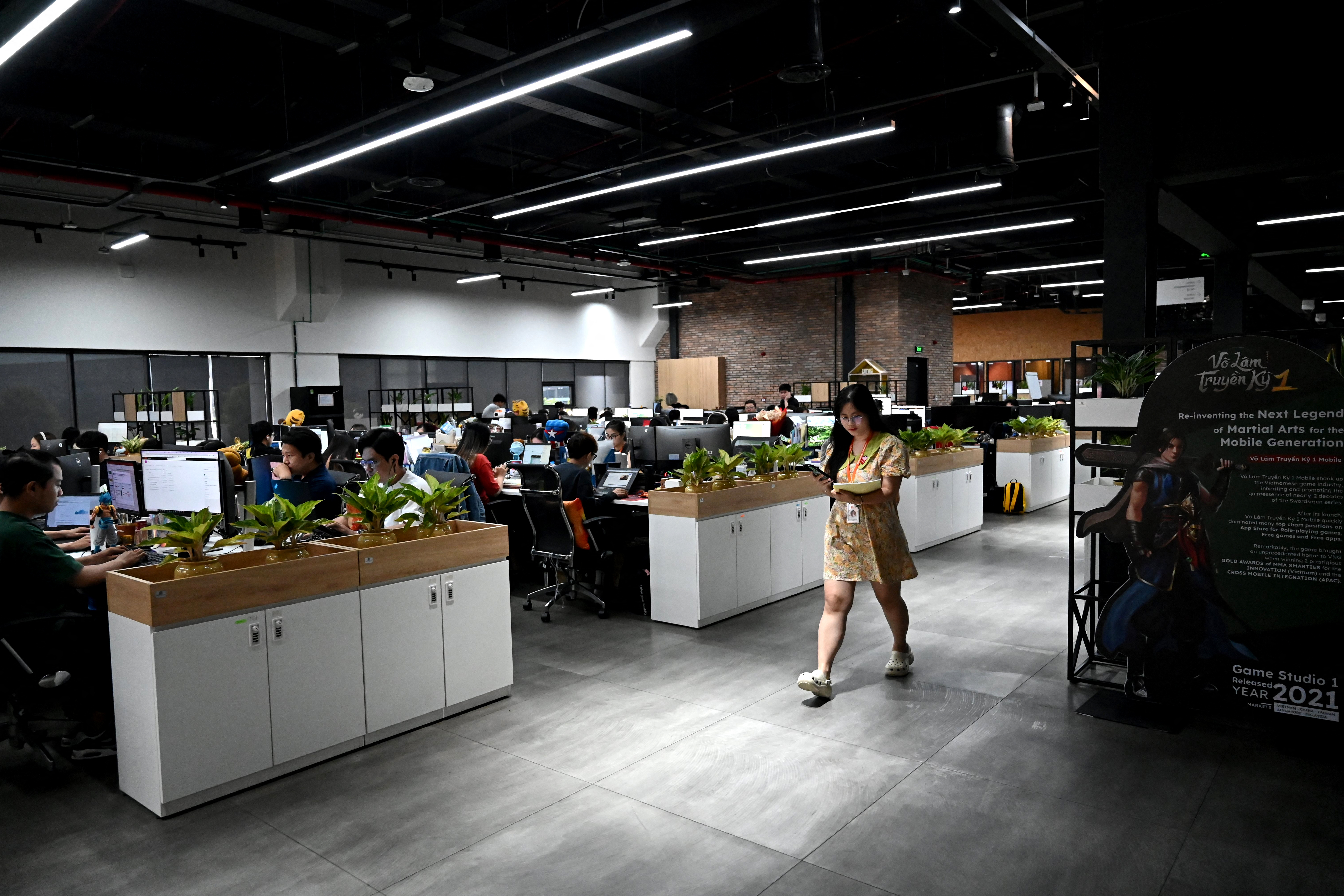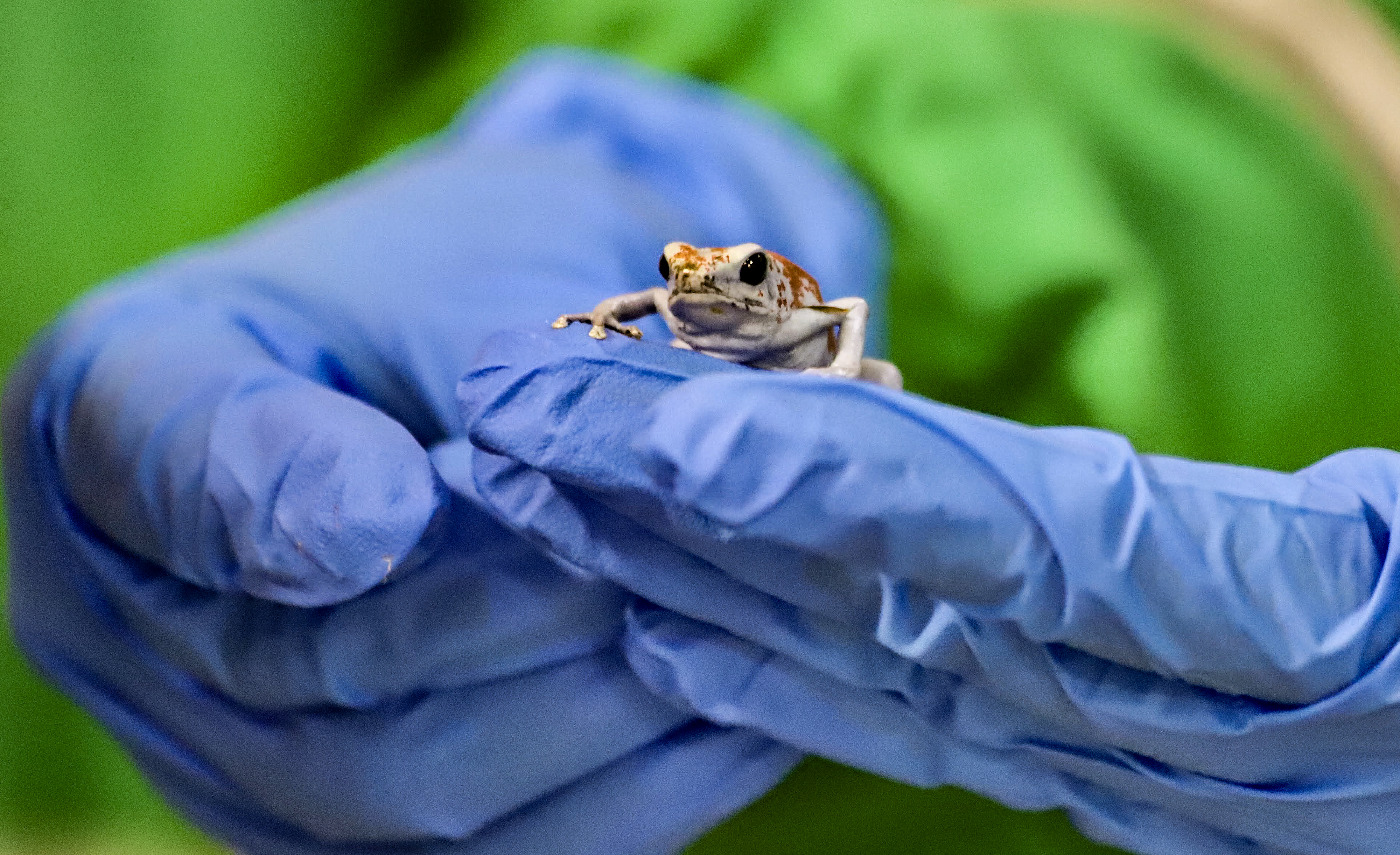
Let’s face it – the older you get, the more things you have to do.
From juggling classes and internships in university to powering through a 9-5 on the regular, adulting can be hard. It’s made worse with deadlines because it just seems like once you tick one item off the list, another five take its place.
You may often find yourself wondering where the time went by the end of the day, staring at a long, unchecked to-do list. Like seriously – what happened? Why couldn’t you get more accomplished?
You’re not alone, though – many people struggle with staying productive, especially if they’re locked into a routine for the most part. Those with ADHD (attention-deficit/hyperactivity disorder) like this Redditor, for example, may constantly feel the pressure to do something productive even after work hours or before they sleep.
Here’s the thing: Productivity isn’t all about cramming as much as you can do in a specific timeframe, nor is it only about doing everything on your to-do list.
If you’re wondering how to increase productivity, the first step is actually understanding it.
What is productivity?
Many people assume that productivity means getting more things done on a daily, as fast as you can.
In fact, it’s about getting important things done in a consistent manner. The more willing you are to be productive, the more you can get done.
Let’s take the infamous eight-hour workday, for example.
It originated in the late 18th century during the Industrial Revolution, when factories needed to be run 24/7. When it became clear that the 10-14 hour shifts were both brutal and unsustainable, leaders like Welsh activist Robert Owen advocated for shorter workdays.
Owen’s famous slogan was “eight hours labour, eight hours recreation, eight hours rest.” But this didn’t become standard until nearly a century later when Ford Motor Company turned the tide by implementing an eight-hour work day. As a bonus, they also doubled wages.
The result? A sharp increase in productivity, as people were better rested, more focused, and most importantly, happier and more motivated.
Corporations try their best to maintain a high level of productivity at all times for their employees while encouraging efficiency, but those are two different things.

10-14 hour work days were the norm in the past, but they would be considered inhuman by today’s standards. Source: AFP
Efficiency vs productivity
When we talk about how to increase productivity, some may confuse it with efficiency.
Productivity refers to the amount of work you can get done in a certain timeframe, while efficiency is a measure of how well you make use of your time and resources to get a task done. In simpler terms, productivity focuses on quantity, efficiency focuses on measuring quality.
For example, two graphic designers are given four hours to complete a set of visuals. One completes three, while the other only does two – therefore, the former is more productive because they did more work in the same amount of time.
But increasing your productivity doesn’t always mean it’ll be good for you.
You may be the type of person who can’t get much done during the day and prefers to work late at night instead. You do 30% of your work during the day and then complete 70% of it after midnight, simply because you think that you work faster at night.
While that may be true, it also means that you’ve spent most of your day idling around at the cost of your sleeping hours.
The same can be said for exam preparation – you would have been better off revising throughout the semester rather than cramming eight week’s worth of notes 12 hours before a big paper.
What works better in the long run is practising good productivity habits. Here are some of our favourites on how to increase productivity:
How to increase productivity: The tips to get back on track
Get an ideal amount of sleep
Having a good sleeping schedule will boost your daily productivity rate, as you will feel more energetic and refreshed. With poor sleeping habits, you will tend to be less productive as you’ll be dragging your feet around your tasks – literally.
You should be getting at least eight hours of sleep every day. In fact, studies have shown that women need even just a little more than that.
For tips on how to develop better sleeping habits, check out our guide on how to get more sleep.

Time management is an essential skill to have if you’re looking for how to increase productivity. Source: AFP
Managing your time based on your energy
Some people work better in the morning, while some struggle with stringing together a sentence until noon. People naturally have ebbs and flows in their work processes or how well they can focus while working, but many don’t capitalise on it.
Rather than doubling down on the espresso, the smarter move is to plan your work around the times of day when you feel most energised. Allocate your work, plan your hours and – as the kids nowadays say – lock in during those vital hours.
Need tips to manage your time better? Hear from some of the most famous presidents and CEOs on how they manage their busy schedules.
Tune out distractions
It’s true what mama said – you’re always on that dang phone all the time.
To be fair, there are two main types of distractions.
- Self-imposed: Distractions within our control, with the most common example being our smartphones. Notifications from social media, doom-scrolling reels, or even randomly browsing an online shop rob us of our time.
- Environmentally-imposed: Distractions that we can’t control as easily, such as having to study with noisy siblings around or having a chatty colleague who won’t shut up about themselves.
It’s not only the distraction that robs you of your time. Research has shown that it takes up to 23 minutes to fully refocus on what you are doing.
So turn on that Do Not Disturb setting, and put on a pair of noise-cancelling headphones to block out distractions.

Triathletes aren’t doing more than one task at a time; they’re either swimming, cycling, or running before moving on to the next event. Source: AFP
Stop multitasking
No, you’re not the queen of multitasking – multitasking is actually a myth.
Research from early on has already shown that humans are actually incapable of multitasking. We don’t do things simultaneously – instead, we switch our attention from task to task extremely quickly, constantly interrupting ourselves in the middle of our tasks.
As a result, sometimes we end up disrupting our train of thought, even forgetting important things or making mistakes.
Focusing on one thing at a time makes for a smoother workflow, less mental strain and definitely better productivity output. So if you’re to-do list for the day is jam-packed and you’re wondering how to increase productivity, the answer is actually to stop cramming so many things in.
Maintain healthy habits
If there’s one thing that the health influencers on TikTok got right, it’s that drinking a glass of water in the morning, stretching every hour, and doing some light exercise in the evening will all make a positive impact.
By practising healthy habits, they can make you happier, more energetic, and smarter – all of which boost productivity. Light exercise, in particular, is great as it keeps your glucose, blood, and oxygen levels high – all these are needed so your brain can focus more on tasks and concentrate better.

How to increase productivity? Research from Deakin University revealed that having plants around you can help — and by 12% no less. Source: AFP
Be mindful of your workspace
Your environment plays a big part in your productivity output. Don’t believe us? Try and remember what it was like studying or working during COVID-19 – cooped up at home, in less-than-ideal surroundings.
Noise levels and environmental distractions are one thing, but curating a workspace that helps you feel focused and motivated will definitely help with your productivity in the long run. For example, acquiring a backrest or wristrest to support your body or moving towards a window with more natural light will help you feel much better.
A change of scenery can also do wonders. Move from your desk to the office couch – or home couch, if you work from home – to answer some emails. Bring your laptop out to a coffee shop, or find solace in a quiet meeting room.
Use management applications for a smoother workflow
Rather than using your brain capacity to remember passwords or rifle through your files to find what you need, try using management applications.
LastPass, for example, is a great password manager that anyone can use. You spend less time typing in logins or filling in digital application forms – with LastPass, your passwords and credentials will be automatically saved and filled in for you.
Other examples include creating templates for emails or slide decks, or using a centralised project management platform line Airtable, Notion, or Trello to keep track of your files and tasks. When you spend less time on these tedious tasks, you’ll spend more time focused on your actual work and be more productive.

Would you eat him? Source: AFP
Eat the frog – metaphorically, that is
Coined by motivational speaker Brian Tracy, “eat the frog” means completing difficult, frustrating, or tedious tasks — also known as frogs — before the ones you’d rather do, getting them over with.
When you’ve created your to-do list, prioritise doing the hardest – and sometimes unpleasant – task. You don’t have to do it immediately, but dedicate the part of the day that you’re most energetic and motivated to complete it.
If you choose to leave the task for later, it’s known as boiling the frog. And, of course, the longer you boil it, the more it’ll stew at the back of your mind – literally.
As a bonus, completing the hardest task of the day will help set a positive tone for the rest of the day. You’ll go about your day feeling more accomplished and pleased with yourself, and end it with a good night’s sleep.










